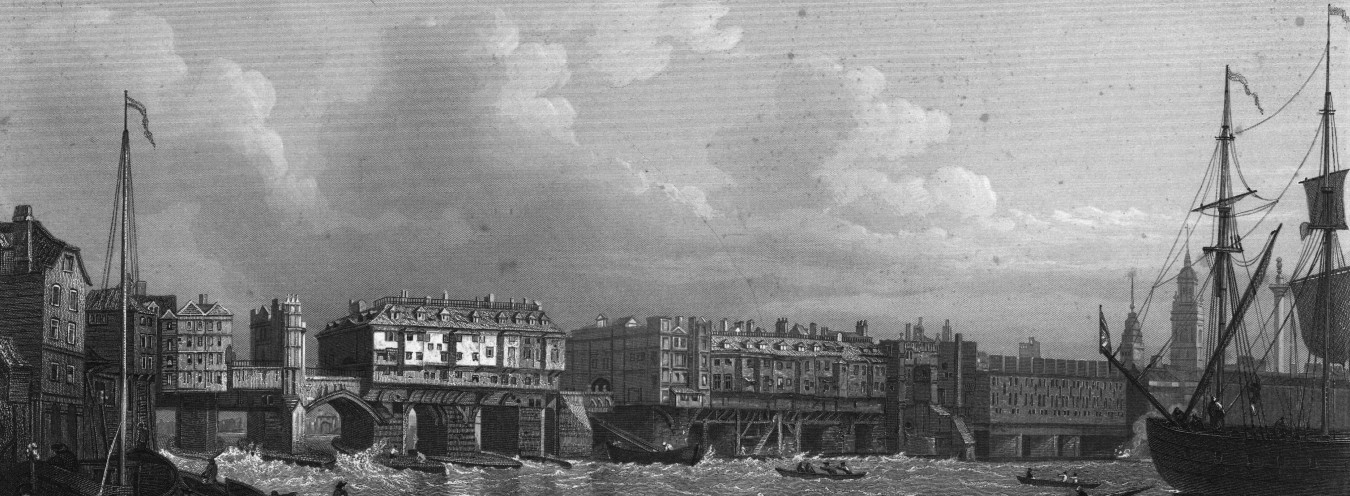
England
[A]s much was said of the arming of England as of the firm of J. Mincel and S. Wokulski. (1)
Throughout most of the nineteenth century, until the Second Boer War, England enjoyed very favourable publicity in the Kingdom of Poland. Significantly, the praise for the British state came from both the progressive and the conservative circles, and Prus followed their suit. His journals from the years 1885-1890 abound in favourable opinions about England and the English people, who are natural born statesmen and builders of societies. The Doll does not, however, contain very many references to the English question. It is mentioned when an international situation is being considered (beginning with the first chapter, when in a celebrated restaurant people talk about the arming of England). In the English army, trains the young Napoleon IV, a figure that is close to Ignacy Rzecki’s heart, who later dies in the war with the Zulu.
For the characters in The Doll and for Prus alike, England and its culture constitute a realm of inspiration and emulation (Count Liciński even pretends to be English) as well as of fantasies about a better society that are not confronted with reality – Wokulski, walking in Powiśle, states, In England! There a creative era still exists in society; there, everything is improving and moving up to a higher level.
The English language, then fashionable in Warsaw, plays a significant role in the novel. When Izabela first uses it to conceal what she is saying from Wokulski during her conversation with an aunt at the Easter charity event, he decides to learn the language. He gets lessons from a teacher recommended by Mrs Meliton, William Collins, who looks very suspicious in the eyes of Rzecki. The thus acquired fair command of English enables Wokulski to verify his fantasy of the woman he loves. Izabela, unaware of his new skill, talks in front of him with her cousin Starski and alludes to their past and future sexual relations. Both times Wokulski listens to their conversations he experiences a revelation and a shock – the first time it happens, he suddenly goes to Paris; the second time, he leaves the train in a hurry, tries to commit suicide, and later severs ties with Izabela and with his former life. He never completely dispels doubts regarding his command of English (when Doctor Szuman wants to examine him and tells him to stick out his tongue, Wokulski replies in an irritated way, In English?) or his illusions about Izabela (Do I know enough English to be sure I didn’t misunderstand the meaning of some phrases? What must she think of me, to insult her so terribly for no reason?).
Bibliografia
- B. Prus, Kroniki, vol. 12, Warsaw 1962.



